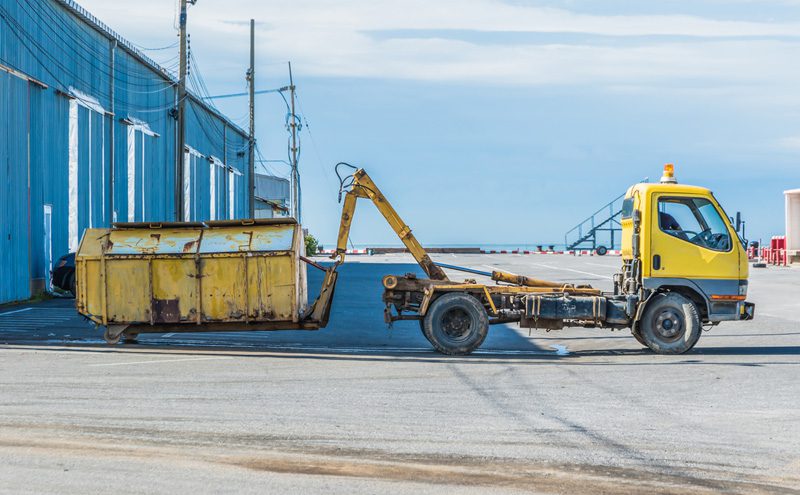
Urban Mine Knowledge Data Platform to be unveiled 10 November 2017, Brussels
A new waste database to be made available in the Autumn is intended to help advance progress towards a circular economy in Europe.
The data resource is the work of the Prospecting Secondary Raw Materials in the Urban Mine and Mining Wastes (ProSUM) project.
The unveiling in Brussels on 10 November 2017 of the first Urban Mine Knowledge Data Platform will showcase the results of over two years data analysis by some 50 expert organisations across a host of different waste streams. The project will deliver a centralised database on arisings, stocks, and flows of waste electrical and electronic equipment (WEEE), end of life vehicles (ELVs) batteries and mining wastes.
The initiative is being led by the WEEE Forum, an association of thirty-three not for profit producer compliance schemes, of which REPIC is a member.
REPIC’s environmental affairs manager, Sarah Downes, is ProSUM’s project leader. Commenting on the project, she said: “The database is expected to go into end-user testing after the summer, with any adjustments made prior to our information network day in November. Once up and running, this database could be used to improve the management of recycled materials by providing valuable insight into past trends and future arisings for products and materials.”
“In a circular economy, today’s goods are tomorrow’s resources. Traditional linear take-make-dispose approaches are not sustainable. It can’t make environmental or economic sense to use energy and resources to dig stuff out of the ground and convert it to materials and products, only to dump it back into the ground again. As a collective industry we need to get better at recycling and improving our knowledge is a critical step.” Downes concluded.
With the launch of the first Urban Mine Knowledge Data Platform the recycling industry will have at its fingertips, seamless access to data and intelligence on mineral resources, from extraction to end of life products, with the ability to reference all spatial and non-spatial data. For the first time, primary and secondary raw material data will be easily accessible in one platform with data available to understand the potential for expanded recovery and collection of secondary raw materials from the urban mine.
Users will be able to perform searches, and access maps, graphs, charts and specific reports.
Every year across Europe, around 9 million tonnes of WEEE and 8 million tonnes of ELVs are generated and over 1 billion batteries are sold. These products are a rich source of secondary critical raw materials in the urban mine.
Until now, the data on secondary critical raw materials has been produced by a variety of institutions including government agencies, universities, NGOs and industries and lies scattered in different databases, formats and reports which is difficult to compare or aggregate.








